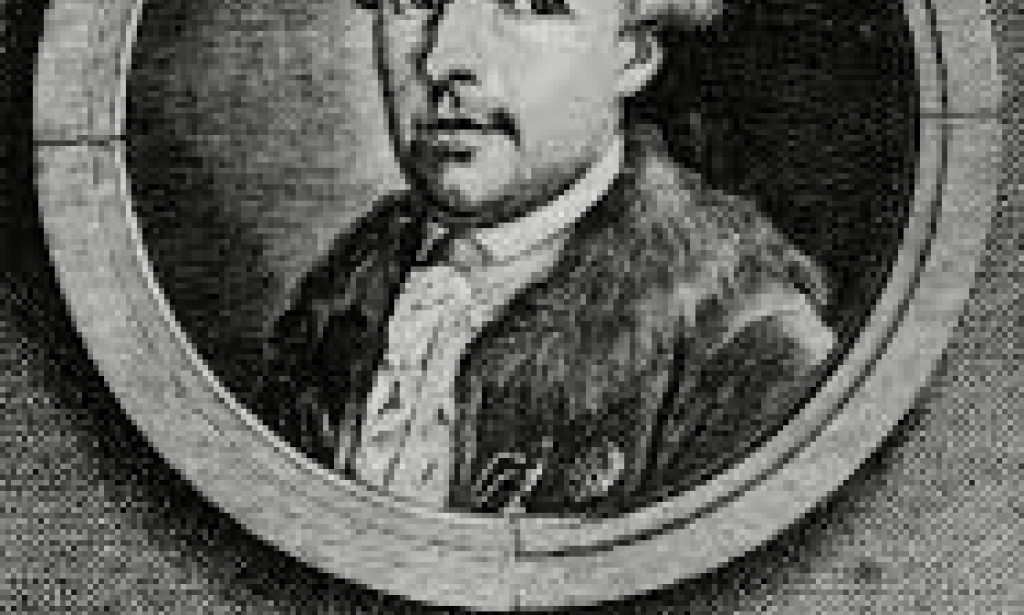Weishaupt, a professor of Canon Law at the University of Ingolstadt, had a strong distaste for the political and religious authority of his time. He envisioned an organization that would challenge the existing power structures and promote Enlightenment ideals, such as reason, freedom, and equality.
Initially, the group was known as the "Order of the Illuminati." Weishaupt took inspiration from various existing secret societies, such as the Freemasons, and sought to create a network of individuals who shared his vision. The Illuminati aimed to undermine monarchies, religious institutions, and oppressive governance through intellectual and ideological means.
The organization operated clandestinely, with strict hierarchies and rituals. Members, known as "Illuminates," were recruited from various backgrounds, including academics, writers, and influential individuals. The Illuminati aimed to spread their ideas covertly through education, infiltrating influential institutions, and establishing a clandestine network of like-minded individuals.
However, the existence and activities of the Bavarian Illuminati were short-lived. The group attracted attention and suspicion from both the church and the state. In 1785, the Bavarian government, fearing their influence, enacted laws to suppress secret societies. The Illuminati was disbanded and Weishaupt himself fled Bavaria.
It's important to note that while the historical Bavarian Illuminati had its own goals and activities, the conspiracies and theories surrounding a global, all-powerful Illuminati influencing world events are separate claims that emerged in later years.


You must be logged in to post a comment.